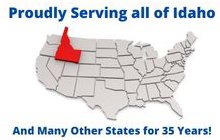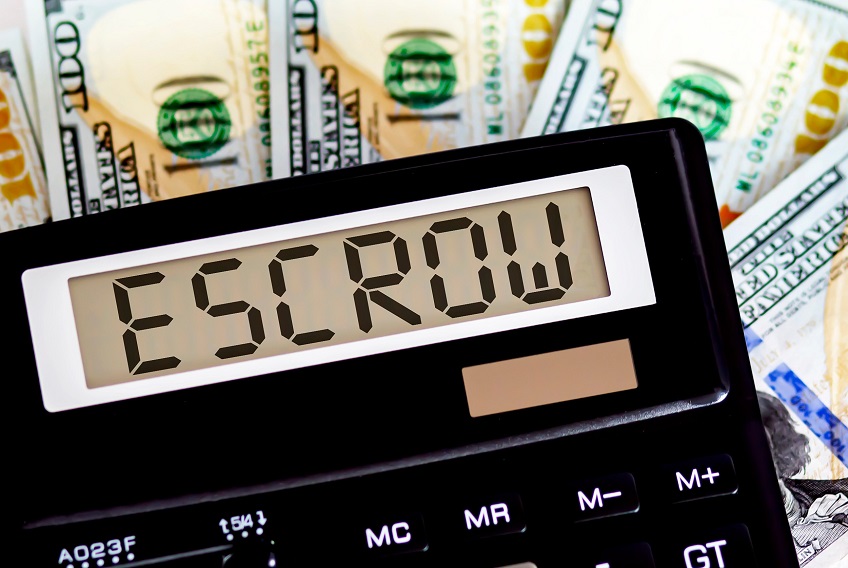If you’re shopping for a home, you’ve probably heard the term “escrow.” It’s a common term in the housing and lending world, but what exactly is it? Escrow is money held in a trust by a third party to be handed over to a grantee once a condition has been fulfilled. Basically, when buying a home, it’s the money set aside as a good faith deposit until the purchase of the home is complete. Don’t worry, this money is not lost. It will be applied to the purchase of the home.
Escrow accounts are used for two main reasons: to protect the buyer’s deposit and ensure the money goes to the right party, and to hold funds for property taxes or homeowner’s insurance. Because of the two different needs of escrow, there are two types of escrow accounts. One account is for the home buying process and the other is for the life of your loan.
Why it’s Needed in the Home Buying Process
Most purchase agreements will require a good faith deposit, also known as earnest money. This earnest money shows that you’re serious about buying that house and you’re committed to the offer you’re presenting. If the contract falls through as a fault of the buyer and against contract terms, the seller would be able to keep this money to compensate for their loss. However, the buyer gets the money returned if there are issues such as a failed inspection and they back out within the terms of their due-diligence period in the contract. If the home purchase process is successful, the money is applied to the down payment.
Escrow accounts protect both the buyer and the seller. The earnest money you apply is a great negotiating tool when putting in offers on homes. For more information on earnest money, check out our blog here. For home buyers, an escrow account is how your deposit is protected from the moment the offer is submitted up until closing. Some transactions have special conditions, such as a rent-back situation or an issue at final walkthrough. These conditions may require something called an escrow holdback. This is when the funds remain in escrow even after the completion of the sale and the final closing. This can also happen during new home builds, where escrow may be held until all paperwork has been signed. Once all conditions are met of the agreement, the money will be released to the correct party. The escrow account is set up to ensure proper and legal transfer of the funds.
If you’re concerned about how earnest money works when buying a home and the use of escrow accounts, you are not alone. Most people put down a large amount of earnest money and it’s important to know you’re not going to lose that money. If you follow the contract guidelines you’ve agreed to with a quality, honest realtor, the earnest money will be safe in escrow until it’s ready to be transferred. For assistance and advice on using earnest money wisely, contact our professional team today.





